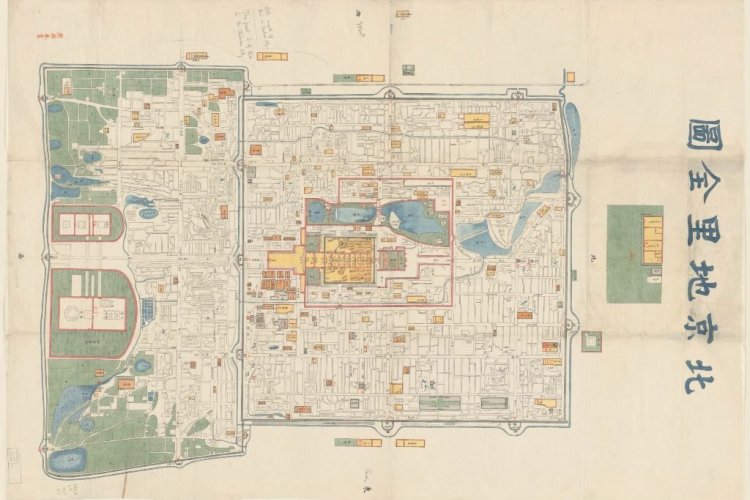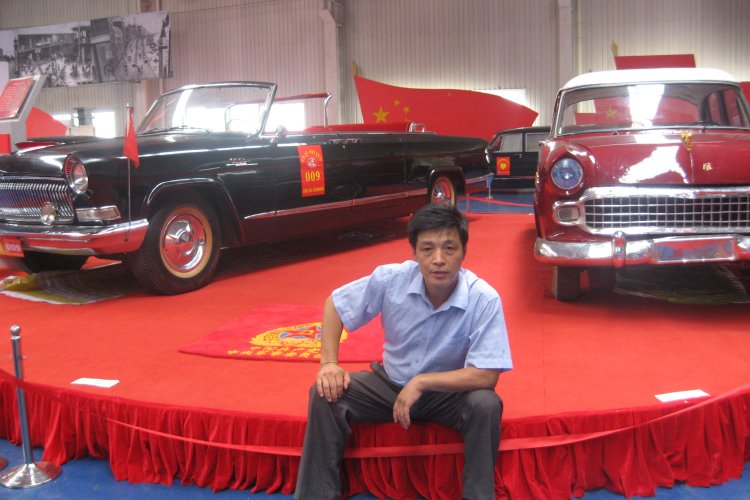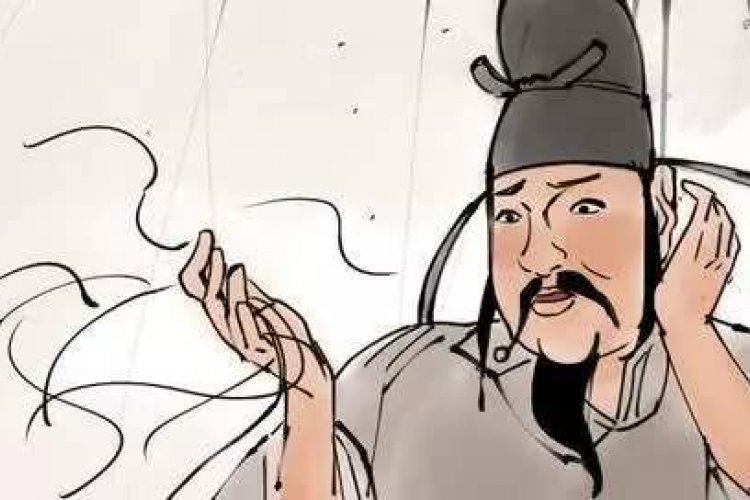Interview with Kerry Brown Author of The New Emperors: Power and the Princelings in China
In this month's Bookshelf we spoke to Kerry Brown, long-time China watcher, author, and Professor of Chinese Politics at the University of Sydney, about all things books.
The book on my shelf that has the greatest sentimental value is probably Charles Dickens’ Great Expectations. It seemed, when I first read it as a teenager, and even now, to be the perfectly structured novel. Dickens can often be very prolix, but this novel is one of his most brief, and there isn’t a wasted word. It is also set in the part of the UK where I was born and brought up, in northwest Kent, so I was very familiar with the physical landscape of the book and its atmosphere and environment.
The bookshelf in Beijing I would you like a peek at is of course, that of President Xi Jinping. A photo of him sitting in his office was released about a year ago, and many commented on how bare of books it seemed. He often quotes from classical sources, something I’ve noticed while wading through his collected speeches, On the Governance of China, released to great fanfare late last year by the entities in China.
I guess, though, the bookshelf that might be most revealing would be that of someone like Wang Huning, the sort of eminence grise of the Chinese political establishment, and its thinker-in-chief. I imagine, though, it must have a healthy dose of Kissinger, political philosophy tracts, and Chinese exceptionalist literature.
If you only ever read one book about China, make it something by the late Simon Leys (Pierre Ruykmans) if only because he was about the only person of the immediate post-Maoist generation of Sinologists who could actually write. He had extensive literary interests and passions, and that came through in his books. I guess Broken Images would be my choice, because it is the most eclectic of his works. When you look at the menu of highly granular specialist literature produced on China now, you realize just how often those producing this work, often very valuable in terms of its content – put little real value on writing accessibly and nicely. But then, as Elias Canetti so brilliantly showed in his wonderful novel Auto da Fe, Sinologists are often odd!
I pretend to have read, but haven’t really finished Edward Gibbon’s Decline and Fall of the Roman Empire about five times, and even took a full everyman edition of it to Japan with me in 1990. Despite downloading it on Kindle and restarting it nearly two decades later, I have to now confess that, alas, it still remains unread!
The book I hid before you came around is Tony Blair’s autobiography. I had to read this covered with a copy of The Financial Times when I was on trains a few years back because of the reputational damage. Beyond Blair’s increasingly seedy image now, the book itself is almost unreadably bad in places. He evidently had the editors as mesmerized by his charm as so many voters in the UK who chose him and then realized they had made a terrible mistake. I did labour (forgive the pun) through the book, and the parts on his dealings with the peace process in Northern Ireland were good. But it just proved that to be a politician these days you have to jettison any real chance of being a normal human being.
Look for Kerry’s upcoming contribution to Penguin’s Specials series on the failures of British diplomacy in China, to be available as an e-book and at fine bookstores including The Bookworm.
More stories by this author here.
Email: stevenschwankert@thebeijinger.com
Twitter: @greatwriteshark
Weibo: @SinoScuba潜水







